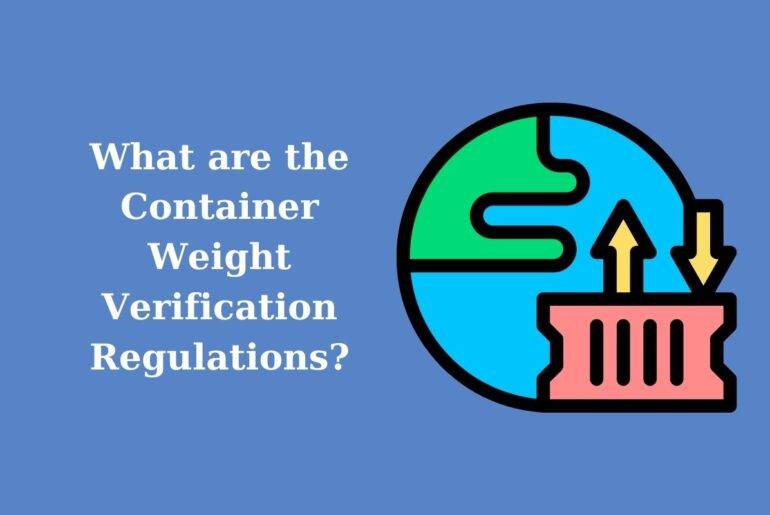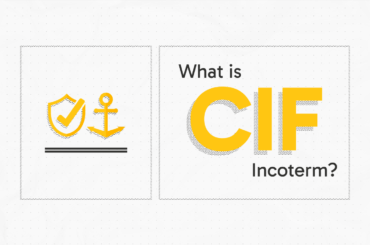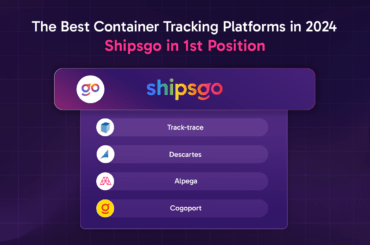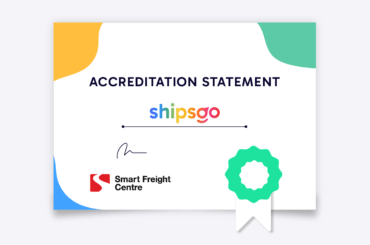At the core of global trade lies safety and efficiency: one crucial aspect is accurate container weight determination. Verification regulations play an integral role here by setting forth guidelines shippers and carriers must abide by to maintain integrity and security during shipping operations. In this blog post, we explore what role container weight regulations play as we uncover their importance by looking closely at aspects such as container weighing process regulations and their implications on the logistics landscape.
Container Weight Verification Regulations: An Overview
Container weight verification regulations encompass an established set of procedures used to ascertain the precise weight of containerized shipments, often enforced by international maritime organizations and national governments, to address challenges related to inaccurate weight reporting. One such global standard for weight verification implementation can be found within the SOLAS Convention of the International Maritime Organization, which is known for setting global standards on container verification procedures.
Critical Components of Container Weight Verification
- Weighing Methods: At the core of container weight regulations lies their specification for approved weighing methods. Shippers must use certified scales or weighbridges with calibrated calibration pins to accurately weigh all aspects of their shipment – the container itself included! SOLAS endorses two essential methods: the Verified Gross Mass (VGM) method, which involves weighing all items individually before adding up their total, and the Summation Method, which consists of weighing individual items as part of packaging materials before totaling out total totals for all.
- Responsibilization: Container weight verification regulations also define the roles and responsibilities of various stakeholders within a supply chain. Shippers typically must supply accurate weight data to carriers, who, in turn, submit it to terminal operators and relevant authorities. This clear delineation ensures accountability at each step in the shipment process.
- Implications for Shippers and Carriers: Failure to adhere to container weight regulations can have dire repercussions for both shippers and carriers alike, including delays in their deliveries, increased costs due to reweighing or legal consequences; carriers could refuse to load non-compliant containers or charge fees for additional weighing fees; therefore adherence is more than simply legal obligation but essential in preserving efficiency during shipment processes.
Find the best carriers and forwarders with ShipsGo Premium Service Finder.
Container weight verification regulations are invaluable in international trade by mandating accurate weight reporting and helping facilitate smooth cross-border goods transit. Shippers and carriers alike should familiarize themselves with these guidelines to ensure compliance for optimal logistics environments; with container weight verification constantly evolving and new laws appearing every few years, keeping up to date is not only legally necessary but a strategic imperative as international commerce progresses.






